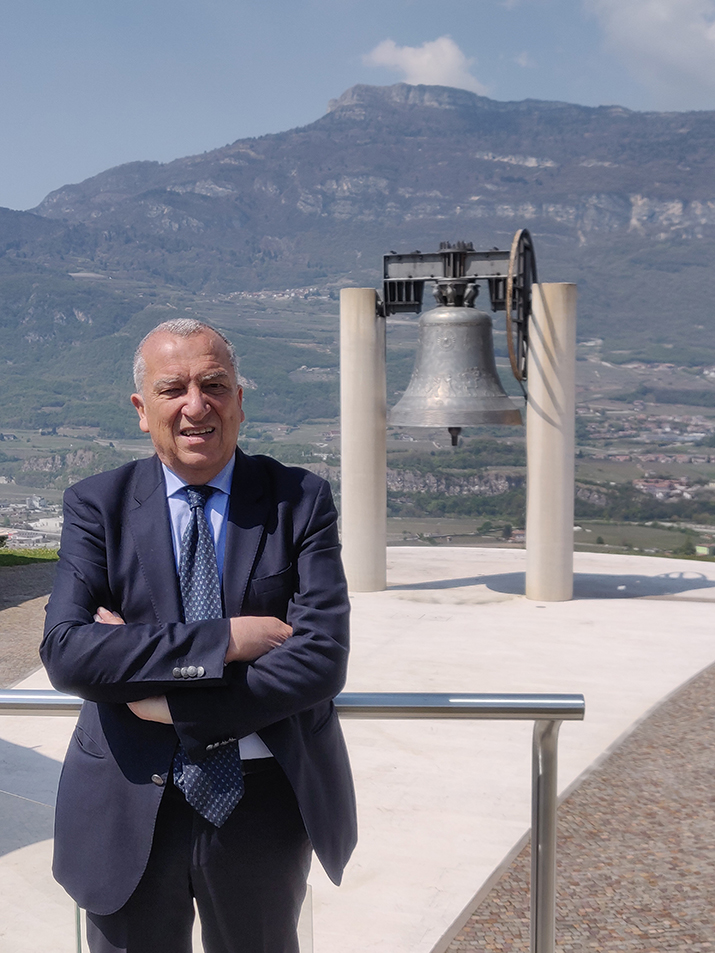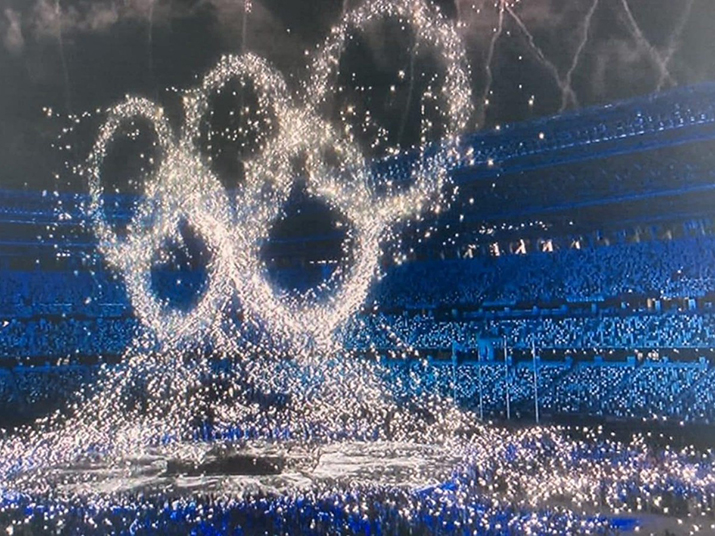By the time this issue of Voce di Maria Dolens becomes available online, the echoes of the Tokyo 2020 Olympic Games will have inevitably faded as more topical issues come to the fore, as is normal in any society that quickly "burns through" the latest headlines. After all, the dramatic images arriving from Kabul Airport as we celebrated a national holiday here in Italy on 15 August – reminding us of another unforgettable, tragic evacuation that took place almost fifty years ago in Saigon (now Ho Chi Minh City) – highlighted how the concept of the "Olympic Truce" seems to have retained its meaning to this day.
Even so, it feels an apt time to reflect on a sporting event characterised by a somewhat unique lead-up in terms of organisational difficulties. The risk of cancellation lingered right up until the eve of the opening ceremony, but the Games nevertheless managed to transform themselves – subverting the predictions of many supposed prophets – into an undeniably successful event in terms of media and values.
It was primarily a sporting triumph for Italy, and the medals (the largest cohort received at any Olympic Games) cannot fail to evoke legitimate feelings of pride. The splendid gold medal won by sailor Ruggero Tita – the first athlete from Trentino to stand at the top of the podium in a summer Olympic Games – contributed to this feeling, allowing us to embrace a decisive feeling of community spirit.
Secondly, and above all, success was enjoyed by all the entities directly involved in the Games (Japanese hosts, members of the IOC, national delegations), who did not surrender in the face of their most stealthy and fearsome global opponent: the pandemic. Despite securing a partial victory in postponing the games by 12 months and in forcing athletes to compete in half-empty stadiums, COVID-19 was no match for the strength of the sporting world, which was bolstered by strong feelings of collaboration and solidarity.
That being said, the stakes were very high. Erasing Tokyo 2020 from global history would have meant categorising the COVID-19 pandemic as a tragedy equal in gravity to the two world wars, the only reason for which the Olympic Games have ever been cancelled (in 1916, 1940 and 1944). Even if we were to set aside the numerous careers halted forever in their tracks, the eight-year long interruption of a major world sporting event would have seriously dampened our Olympic spirit. This spirit is embodied in the growing participation of world nations in the medal tables (the last time Tokyo hosted the Olympic Games in 1974 only 35 countries participated. This number grew to 48 in Seoul in 1988, to 82 in London in 2012, and currently stands at 93).
Against this backdrop, I am convinced that the effects of the 2020 Olympic Games will not fail to reflect positively, both in Italy and in other countries, on our everyday life. The determination (not to be confused with recklessness) and respect for the rules (through their active implementation) demonstrated by all participating athletes will help us tread the difficult path back towards routine after the summer break. A return that, at work, school, cultural events, and social and charity meetings, we hope will take place under the banner of a "new normal" thanks to the ever wider and committed uptake of the vaccine.
My final observation is reserved for Maria Dolens, who, in following the Olympic Games with her traditional impartiality, expressed her satisfaction in her own language (and sound), noting that the members of Italy’s winning 4x100 relay team were, in their starting order, a man from Sardinia, a man from Brescia born in Texas, a man from Cremona born to Nigerian parents, and a man from Lombardy with island roots. In short, an apt cross-section of today’s multi-ethnic Italy.
Reggente Marco Marsilli, Foundation President








